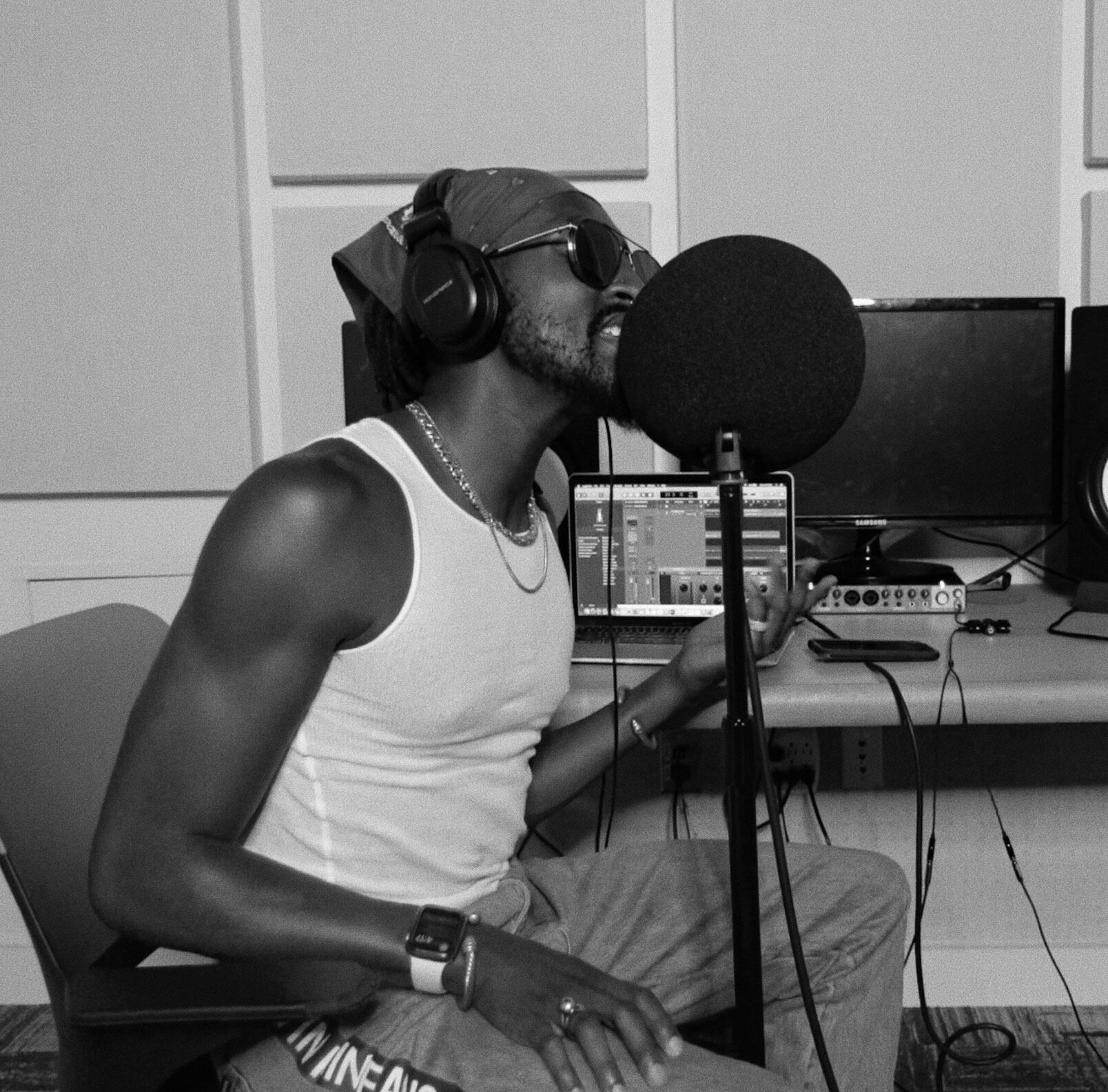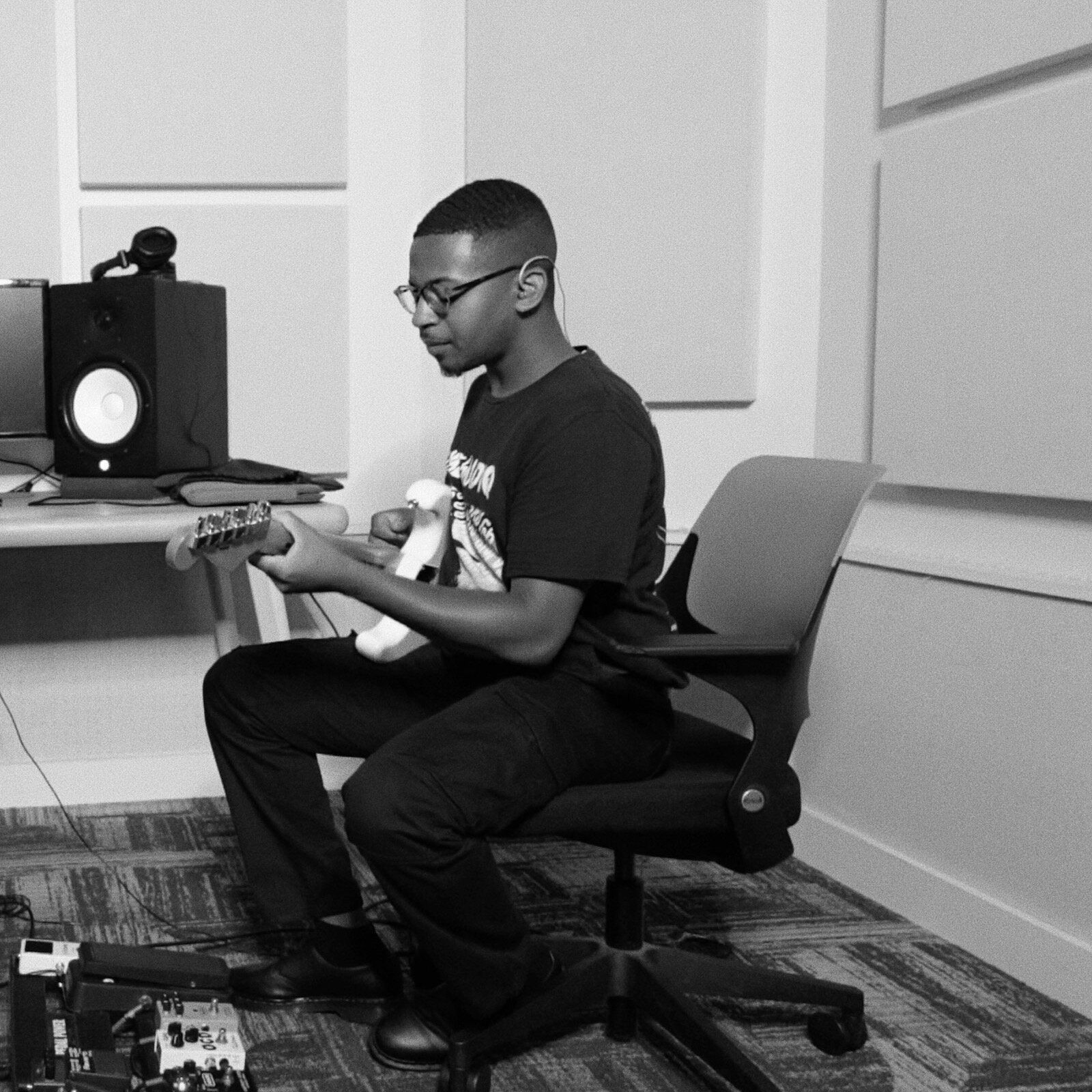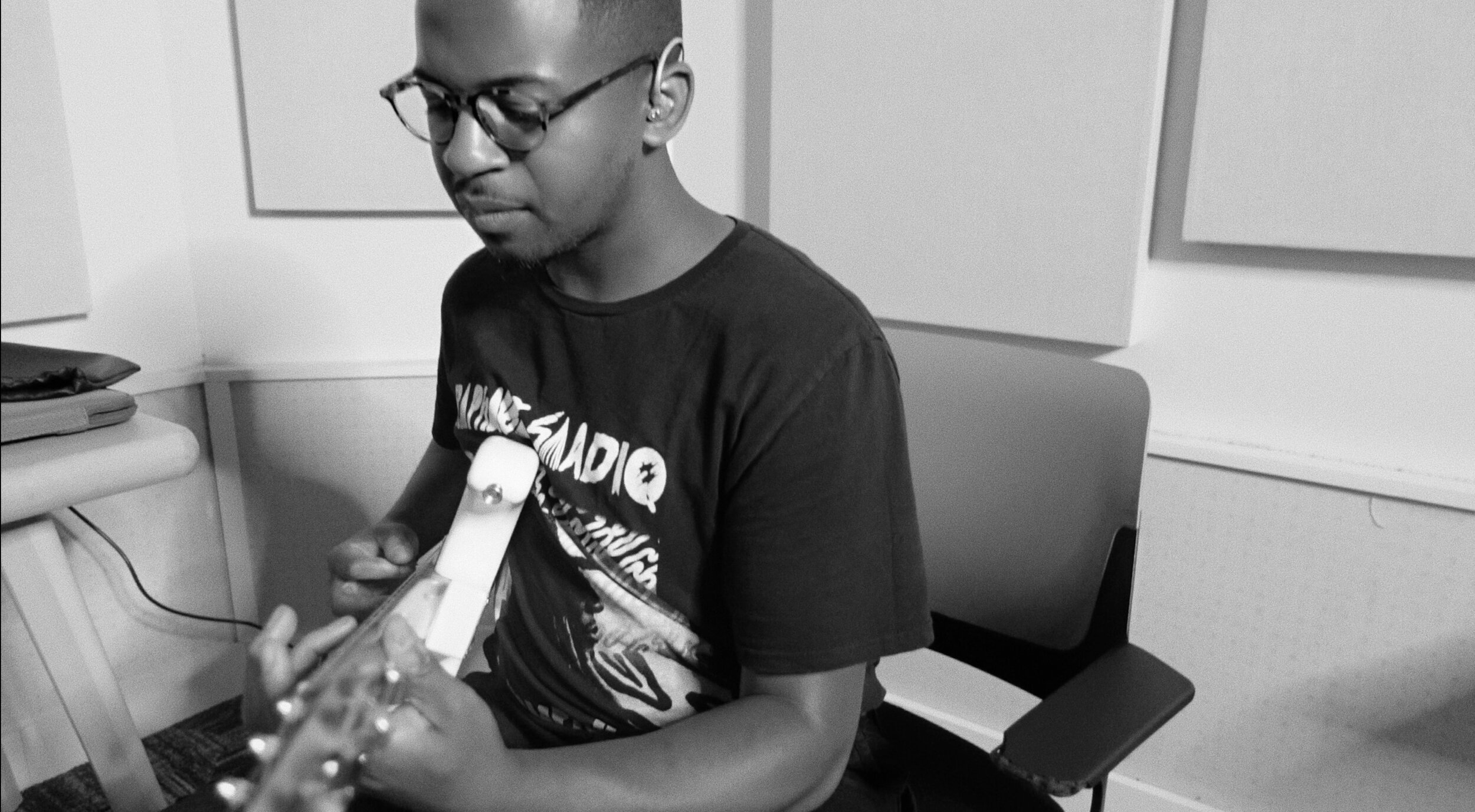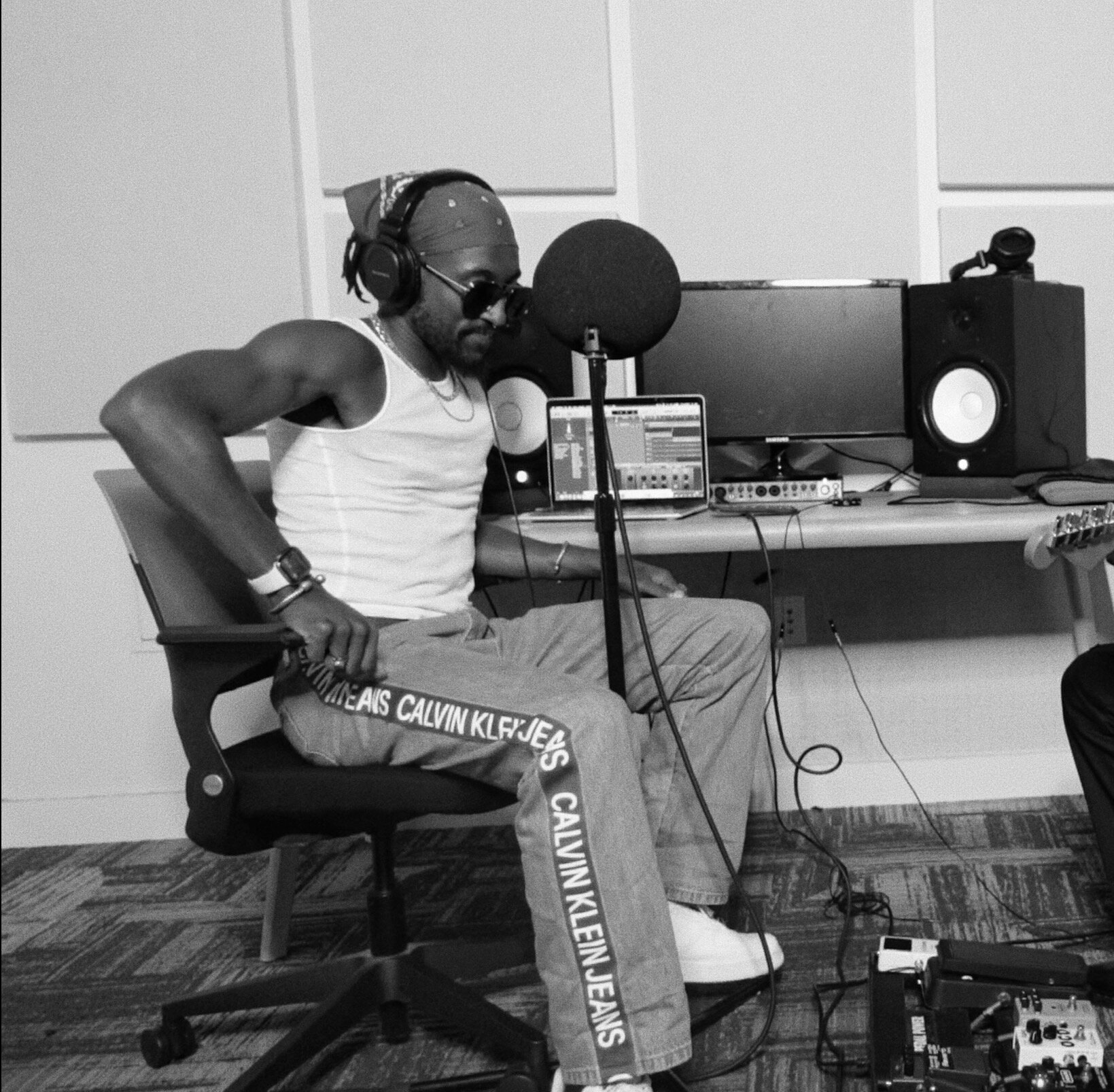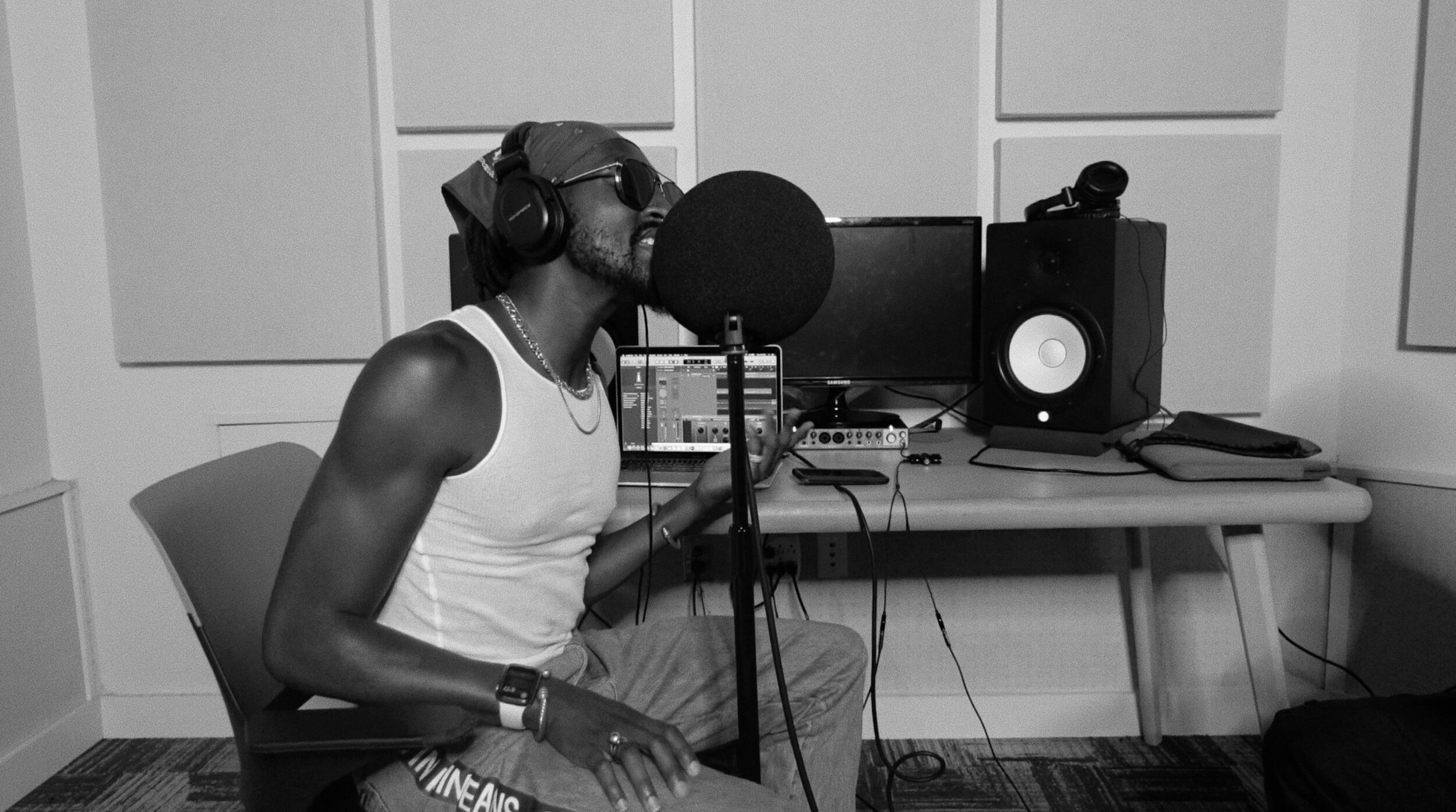Interview: Derek Walton
August 23, 2021
Photo by Maya Holliday
Writing in the BBC in 2019, Nick Lavine described Janet Jackson as “pop’s underrated legend.” (The question of underrating, or overrating for that matter, is often comprised of a shaky set of metrics). In it, Lavine attempts to reconcile the list of Jackson’s otherworldly career accolades — over 160 million records sold worldwide, 18 consecutive top-ten entries on the US Billboard Hot 100 (the record for such things), #1 singles across three decades — with the presumption that she seemingly has not garnered the respect she deserves.
To some extent, Lavine is right. As an example, when it was announced that Janet Jackson would be inducted into the Rock and Roll Hall of Fame (RRHOF) in the fall of 2019, it felt like the institution was embarrassingly late — anyone boasting such achievements as Jackson would have been in the RRHOF the second they were eligible. (Artists are eligible 25 years after the release of their first record. So, that means, Jackon’s been eligible since 2007).
Lavine’s comments and the (in)action of the RRHOF bring painful realities to the foreground: Black women operating in the space of popular music(s) have been exploited, castigated, and overlooked for as long as they have been producing music.
No institution can hold Jackson’s influence on music and popular culture, and her importance to generations. The numbers are staggering, and they speak for themselves. Yet, the numbers alone don’t fully encapsulate what Jackson means to many, and her outsized influence on music.
At several points throughout her career, Jackson completely shifted the trajectory of music, transforming the sonic landscape of what was thought to be possible. Much of what we see in live shows and recorded music comes directly from her: choreography, stage design, lighting, music programming, production and composition, and so on. Jackson, alongside production duo, Jam and Lewis, helped define a sound for a generation and generations to come. From Usher and Katy Perry to Victoria Monet and Nicki Minaj, Jackson’s influence can be felt far and wide — across genres no less — with a genealogical tree that reaches for generations.
———
On Tuesday, August 24th, Derek Walton, a singer-songwriter based in Philadelphia, released an acoustic version of his song, Janet (The Blueprint). In the song, Walton positions himself as part storyteller and and part corrector of history; someone interested in giving proper credit to an originator, and the root from which many have drawn .
Following the release of his new song, Derek and I talked about some of his influences, our affection for Janet Jackson, and he and I working together on his new song! Here’s our conversation:
Stanley: Before we get into the song, I wanted to talk a bit about your musical background and influences. Who are some of the people you look up as an artist and have influenced your music?
Derek Walton: Music has been with me for a long time, in all my earliest memories as a child music was right there. Dancing is my first love. I would hear music and just start moving my body. I grew up in the heat of the 90's/2000's music video era. I have been so attracted to that vibe since then. Through dance, I discovered I could sing through that same way of imitating what I was hearing in the various R&B/Soul songs, and every Hip-Hop hook that was sung I wanted parts. But I kept it to myself until I was 13. That's when I couldn't avoid the feeling that I wanted to sing, and be that same influence in music and sound that captivated me as a child. Now, here I am fully in that expression. It's a blessing to be here.
My Influences range from Beethoven to Metro Boomin lol. Imma just give you a list off the dome: Kanye West, Kem, Usher, James Blake, Maxwell, Pharrell, Chris Brown, Marvin Gaye, Beyoncé, Solange, Frank Ocean, Michael Jackson, I could literally go for years so I'll end there. My peers are a huge influence in my artistry. Everyone is doing so well!
… as we sat with the vibes we noticed that Janet Jackson had become the common denominator to the origin.
Stanley: Before we recorded the acoustic version for Janet (Blueprint), we had a quick conversation about our affection for her as an artist, and how massively influential she is as an artist. Could you talk what inspired you to write this song?
DW: Absolutely, when I began writing for my next project last summer I had this growing desire to express my love and admiration for Victoria Monét. I felt like she was bringing true sensuality, feeling, grounding, and such a great sound to R&B, that I started crushing real hard. So it really began as a manifestation. In the heat of inspiration I reached out to a songwriter named Quam Kent, and as we sat with the vibes we noticed that Janet Jackson had become the common denominator to the origin. Then that inspiration started to flood, and the rest just unfolded before us. Once the melody was written, I produced the beat and fell in love with the vibe.
Stanley: I mentioned earlier that we worked on an acoustic version of Janet (Blueprint), which was super fun to do! I was wondering, though, what made you want to do an acoustic version? And also, what do you think each version does for the ideas you wanted to get across with the song? What type of energy does each version bring to the song?
DW: I love that you had fun bro, it's always a good time working with you in any of the mediums we collaborate in.
The acoustic version allows me to further amplify the song, and show the versatility of the sound. it also allows for the words and melodies to be intentional and heartfelt.
The original recording shines a light on my abilities as a vessel. I released a visual for it, and in the visual there's an important message to honor, protect, and uplift the Black Woman. As a Black Man I hold that as a top priority. The original version is a cinematic, full body experience. While the acoustic allows me to solely connect on my love for Janet, and the mark she's made on all of us.
Stanley: You also have a video for the song! Could you talk about your creative process working on that? Who was the cinematographer and director? Who choreographed the video?
DW: Yes! This video was a true artistic achievement for my partner Maya Hollldiay and I. As this is the debut for our production company, School of the Gifted Productions. When I finished the vocals for the song, I couldn't deny the urge that I had to dance with my music now. It's like I met myself right back at the beginning when I first fell in love with music. Once I discussed the treatment with Maya, I knew I wanted to have my wonderful friends and creative collaborators Andre T. Malcolm and Arianne Meneses to do the vision and choreo. Simply because of how they were able to interpret my production style in the 'Permanent' music video by our duo Don't Leak. I was able to have such great dancers with me Sadale Warner, Morgan McGhee, and Christine Shepard. The choreographers introduced me to Jacob Hiss who shot and edited the video. He's a true talent, his ability to capture movement is a blessing. There was so much freedom on set. Allowing me to convey that message and live my childhood dreams.


